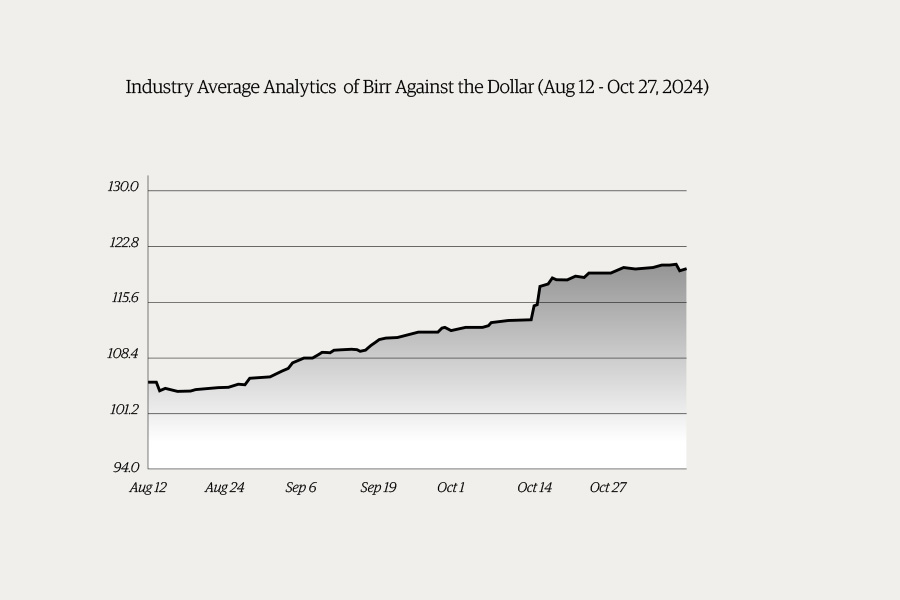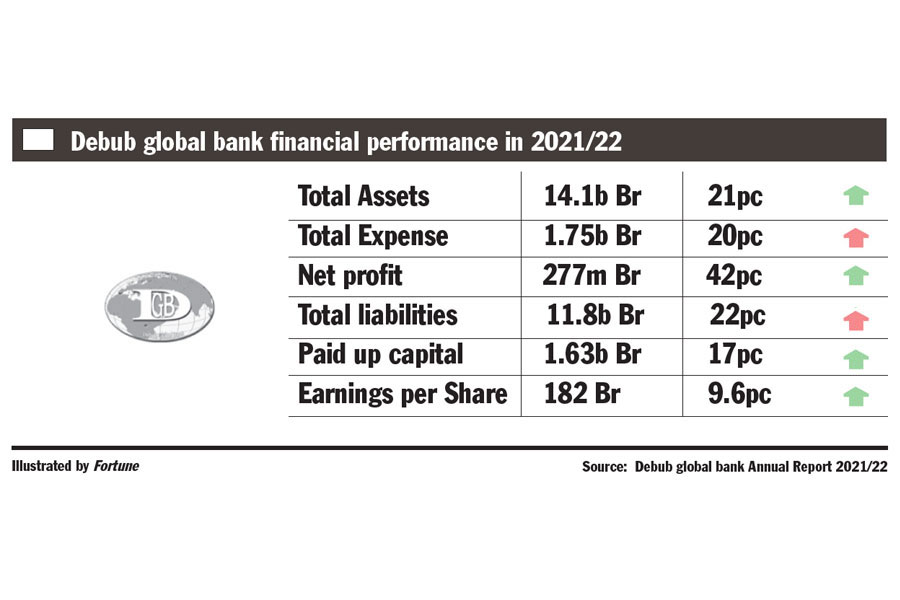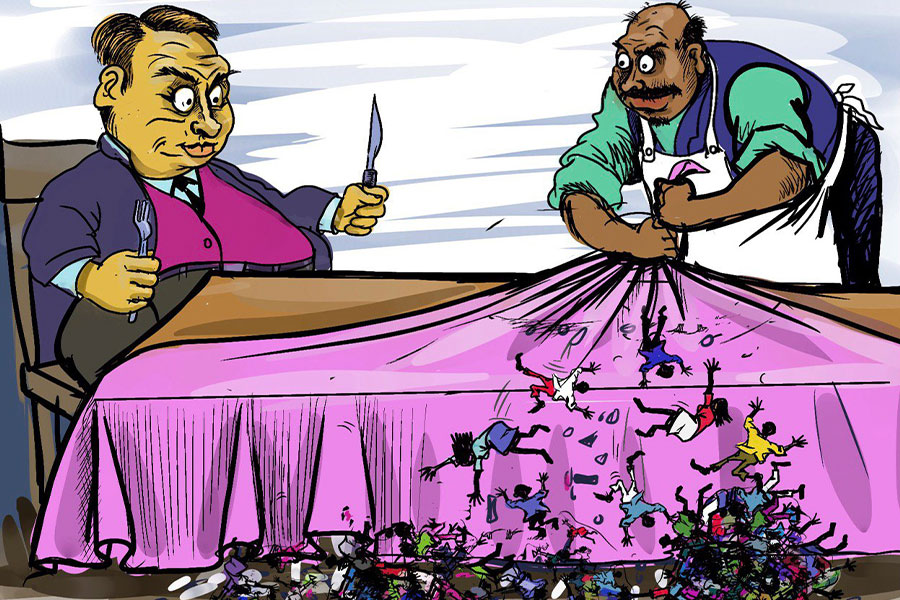
Feb 18 , 2023
By Anne O. Krueger
The great statesmanship and leadership that the United States showed during and after World War II are well known. America was the world’s preeminent political, economic, and military power. Instead of using its position to penalize the losers and demand reparations, it helped plan and found multilateral global-governance institutions that would give all countries a seat at the table.
Under this new international order, postwar reconstruction and economic development were financed through the World Bank, while the rule of law underpinned the international trading system through the General Agreement on Tariffs & Trade (GATT) and its successor, the World Trade Organization (WTO). The International Monetary Fund (IMF) was charged with ensuring global financial stability, and organizations such as the United Nations and NATO offered frameworks for addressing geopolitical tensions.
This rules-based world maintained peace and boosted prosperity. There were no more worldwide armed conflicts, and thanks to open markets and the global trading system, many poor countries succeeded in vastly improving their people’s living standards. Meanwhile, most advanced economies achieved marked improvements in health, life expectancy, education, and poverty reduction.
These achievements were all the result of multilateralism. To be sure, the US was and still is the de facto leader of this global order. But since it accounts for less than five percent of the world's population and only about one-fifth of global GDP, it is not large enough to dictate matters to everyone else. Instead, it relies on support from its allies to advance its goals and interests on the world stage.
After 70 years of relative peace and rising prosperity, the Trump Administration rejected multilateralism as a matter of principle. Accordingly, it scrapped the Trans-Pacific Partnership, a fully negotiated, US-centric free-trade agreement concluded by 12 Pacific Rim countries. It launched a trade war against China, unilaterally imposing high tariffs on Chinese imports in violation of WTO rules. And it weakened the WTO further by hobbling the organization’s dispute-settlement body and introducing additional protectionist measures on dubious national security grounds.
By pursuing all these measures unilaterally, the Trump Administration shot itself in the foot. If it wanted to counter China, it would have had greater success by working multilaterally through the WTO.
Many observers hoped and believed that US President Joe Biden’s Administration would reverse Trump’s isolationist and protectionist policies and assume a more internationalist posture. Unfortunately, it has instead continued down the same path. Not only do most of the Trump tariffs against China remain in place, but the US has now introduced a sweeping industrial policy to subsidize specific domestic industries and discriminate against the rest of the world.
While Russia’s invasion of Ukraine intensified the need for multilateralism, it also reinforced the Biden Administration’s efforts to shield the US economy from foreign competition. Obviously, these two impulses conflict. The US needs its partners and allies – especially the Europeans – to ensure that its support for Ukraine and sanctions against Russia are effective. Yet by pursuing economic self-sufficiency, it discriminates against these countries’ exports.
Among other things, the Biden Administration has sought and obtained congressional approval to finance the production and consumption purchases of semiconductors, batteries, electric vehicles, and much more in the US. American consumers are entitled to a 7,500 dollars tax credit for purchasing an EV, provided that it meets requirements for US-made content; and the federal government will be subsidizing new EV-battery production to the tune of seven billion dollars. Likewise, 39 billion dollars has been allocated for constructing new semiconductor facilities in the US.
Since these subsidies will give US producers an artificial cost advantage over their foreign counterparts, the Biden Administration reproduces the protectionist policies that the US has long complained about when other countries adopt. Moreover, foreign companies are already signalling that they may site their new factories in the US, where they can avail themselves of the extra perks. America’s allies and trade partners naturally view these moves as inimical to their own interests and WTO rules.
The US is running the risk of starting a new trade war.
Of course, supplies of some products must be reasonably assured, and some technology must be withheld from other countries, because it has obvious military significance. But the way to keep these products out of the wrong hands is to work with friendly countries through multilateral channels. In the case of semiconductors, it is highly unlikely that any country can achieve self-sufficiency without incurring prohibitively high costs.
On many other issues – including the environment and public health – multilateralism remains essential for attaining shared global objectives.
Multilateral rules based on the principle of free trade still represent the best approach to managing the international flows of most commodities. And even when genuine national security concerns preclude a global approach, unilateralism is not the answer. Multilateral policies would ultimately be much more successful and less costly, both in maintaining diplomatic support from allies and promoting US economic objectives.
PUBLISHED ON
Feb 18,2023 [ VOL
23 , NO
1190]


Radar | Dec 05,2020

Commentaries | Dec 11,2021

Radar | Mar 16,2024

Viewpoints | Sep 01,2024

Money Market Watch | Nov 09,2024

Editorial | Sep 08,2024

Radar | Nov 02,2019

Fortune News | Apr 15,2023

Viewpoints | Mar 09,2024

Editorial | May 31,2025

Photo Gallery | 171599 Views | May 06,2019

Photo Gallery | 161838 Views | Apr 26,2019

Photo Gallery | 151575 Views | Oct 06,2021

My Opinion | 136311 Views | Aug 14,2021





Dec 22 , 2024 . By TIZITA SHEWAFERAW
Charged with transforming colossal state-owned enterprises into modern and competitiv...

Aug 18 , 2024 . By AKSAH ITALO
Although predictable Yonas Zerihun's job in the ride-hailing service is not immune to...

Jul 28 , 2024 . By TIZITA SHEWAFERAW
Unhabitual, perhaps too many, Samuel Gebreyohannes, 38, used to occasionally enjoy a couple of beers at breakfast. However, he recently swit...

Jul 13 , 2024 . By AKSAH ITALO
Investors who rely on tractors, trucks, and field vehicles for commuting, transporting commodities, and f...

Oct 4 , 2025
Eyob Tekalegn (PhD) had been in the Governor's chair for only weeks when, on Septembe...

Sep 27 , 2025
Four years into an experiment with “shock therapy” in education, the national moo...

Sep 20 , 2025
Getachew Reda's return to the national stage was always going to stir attention. Once...

Sep 13 , 2025
At its launch in Nairobi two years ago, the Africa Climate Summit was billed as the f...

Oct 5 , 2025 . By NAHOM AYELE
In Meqelle, a name long associated with industrial grit and regional pride is undergo...

Oct 5 , 2025 . By BEZAWIT HULUAGER
The federal government is set to roll out a new "motor vehicle circulation tax" in th...

Oct 5 , 2025 . By NAHOM AYELE
The Bank of Abyssinia is wrestling with the loss of a prime plot of land once leased...

Oct 5 , 2025 . By BEZAWIT HULUAGER
The Customs Commission has introduced new tariffs on a wide range of imported goods i...